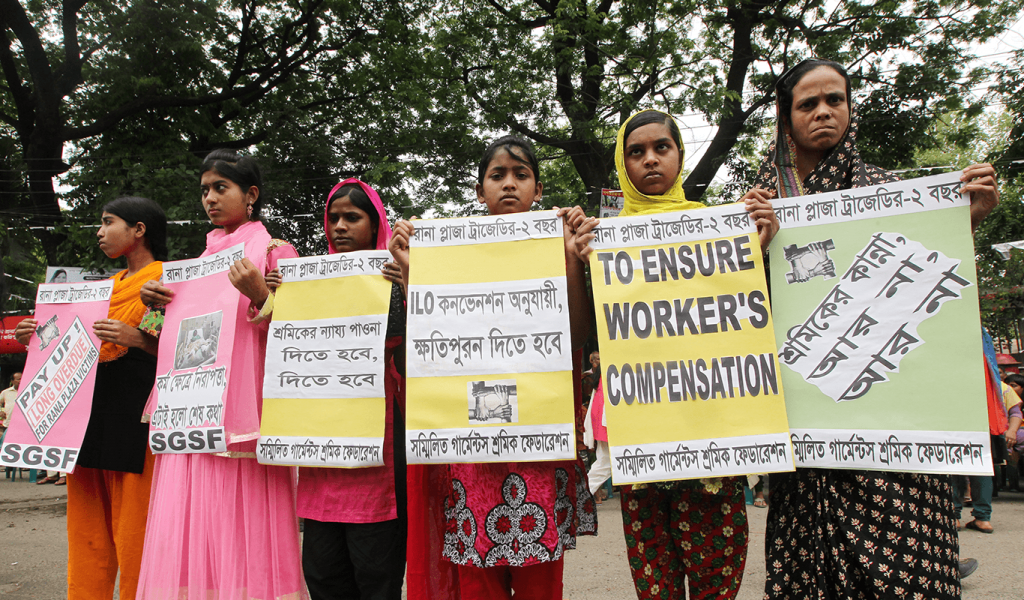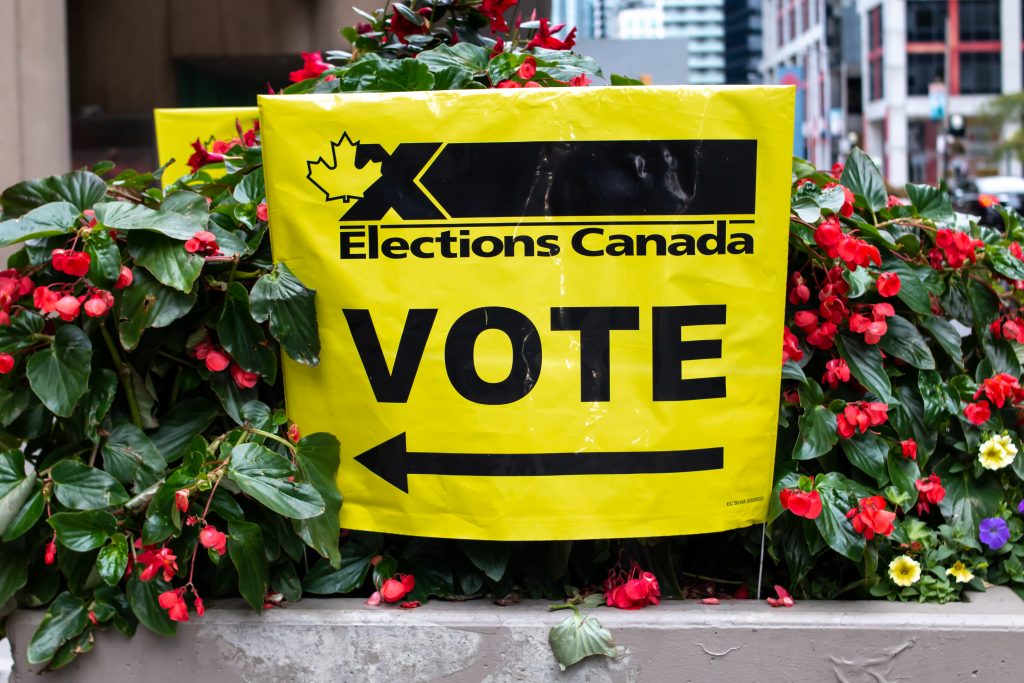COVID-19 may be borderless, but privilege isn’t
PANDEMIC. Until February 2020, this word was one without much meaning for anyone born before 1918 – the year the Spanish flu swept the globe. In just a few short months a health crisis, brought on by a new form of coronavirus, has rocked the entire planet. The world is now caught scrambling to reduce the burden on healthcare systems and ‘flatten the curve’ by reducing the number of people who will catch the virus at a given moment in time. This has resulted in sudden, intense and unimaginable political actions being taken to shut down entire economies, restrict border movement and to more or less stop life in its tracks.
As schools, churches, mosques, synagogues, non-essential services, and community life shuts down, people have been told to stay home and stay away from one another. Although we are united (for the most part) in the same cause, our experiences of this pandemic, both during and after, will differ wildly.
Someone once told me that geography is destiny. Never has this statement rung so true.
As a humanitarian worker, I have been privileged over the past decade to have visited and worked alongside communities in different parts of the world. Having grown up in Canada, my life has been awash with privilege and opportunity – even as a racialized woman.
In the early weeks of the pandemic, when the world began to reel, I, like most of my peers, felt jarred by the sudden closures of schools, social spaces and the end to the great many leisure activities that punctuate our days in North America. That first week, when things shut down, my partner and I struggled to ‘work from home’ while also taking care of a small child. We bemoaned the closure of our daycare and access to public parks, seized by the uncertainty of each day as the situation worsened.
As the weeks went by, we watched the impact of COVID-19 slowly and mercilessly descend on emerging economies and impoverished communities. I began to realize how myopic my experience of this pandemic was. Sure, I couldn’t visit my friends or go to a movie, but I had job security, I could visit a grocery store if I needed food, and I could take a long walk if I needed an escape. I had countless Zoom dates with friends and colleagues where we could talk about our experiences, share memes and find a sense of community. Our internet connections were immune to the virus.
As COVID-19 has found its way into countries hosting large groups of refugees, or regions with pre-existing vulnerable populations (think floods, droughts, civil and political unrest), internet bandwidth is the least of their problems. In many of these regions, people were already struggling to eat three meals a day, feed their children, access clean water or move with any semblance of liberty. Can you imagine how this virus will add another level of humanitarian urgency to the existence of so many people already facing dire living conditions?
Governments – who have generously hosted large refugee camps or climate-driven migrant populations – are attempting to impose restrictions and closures to protect their populations (both migrant and non-migrant). Similar to Western regions, they have provided directives to maintain ‘physical distance’ and ‘wash your hands frequently’. But in many refugee camps space and water are not guaranteed elements of daily life.
For example, in the expansive Rohingya Refugee Camp in Cox’s Bazaar, Bangladesh, you will find 40,000 people per square kilometre. Think of 40,000 people crammed into nine football fields. This provides a little less than three metres of living space per person – not exactly making it easy to keep two metres of space between yourself and the person next to you at any given time.
At the same time, on any given day, up to 140 refugees will line up or crowd around a single tap stand, waiting their turn to fill a bucket with clean water. Although present, water is a luxury. If you are lucky to get some on a day-to-day basis, you will save every drop for the most coveted activities like eating and drinking. There is a great deal of emphasis put on the use of soap and handwashing as a part of what we in the humanitarian business call ‘hygiene messaging’, but the water and soap to complete this life saving activity isn’t always available.
When you imagine all of these elements, nothing here really means you can maintain physical distance or wash your hands frequently. Many of the services like livelihood trainings, social support sessions or counselling that ease the grind of life in these cramped spaces, have been stopped in an effort to reduce gatherings and the traffic in and out of the camps. What will happen when just one person living in that camp gets sick? It’s already happening – and without intervention it will be absolutely dire. It makes working from home without childcare seem pretty luxurious in comparison.
The global community is urging us to remember that ‘no one is safe until we are all safe’. But safety is a relative concept, depending on your location and reality.
While the pandemic is still in the early stages of reaching the poorest nations on the planet, the privilege afforded to those of us living in rich countries will become all the more apparent as it spreads. I would ask everyone to look outside their own communities and remember that your support for people living beyond our borders has never been as vital as it is now.
For many of us, who are not protected by this privilege, the story of the virus has only just begun.
Simmi Dixit is a Humanitarian Manager at Oxfam Canada.

